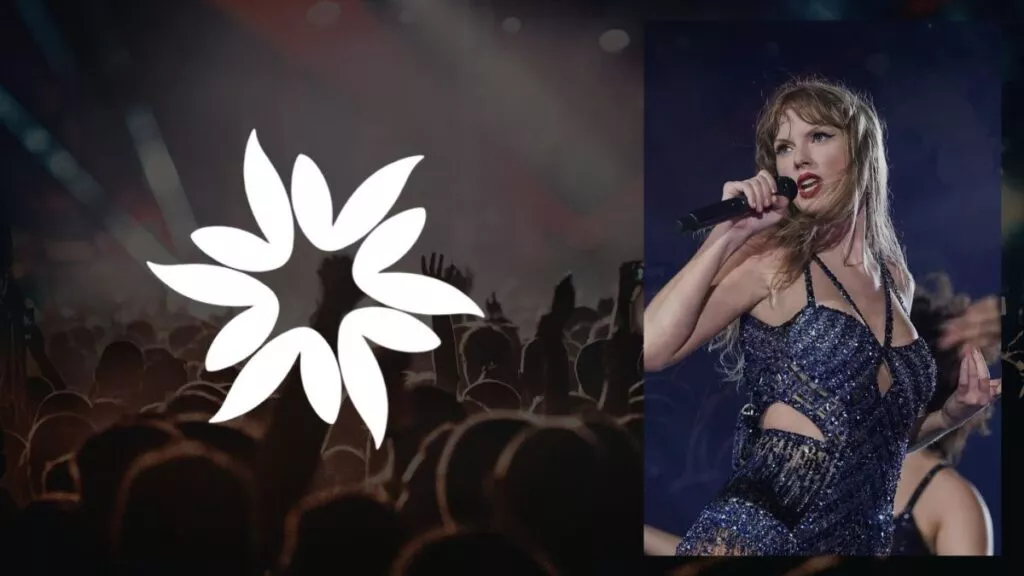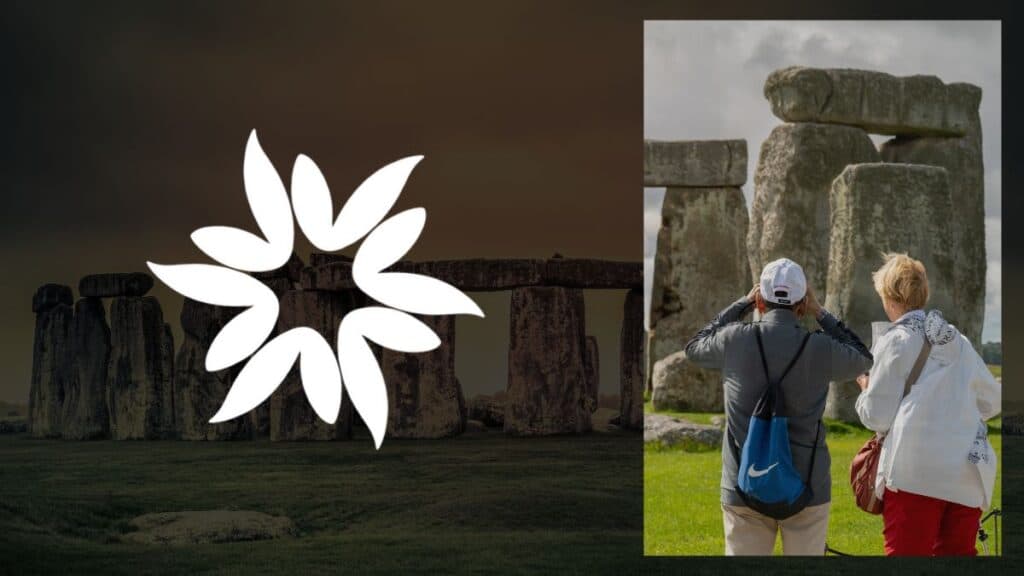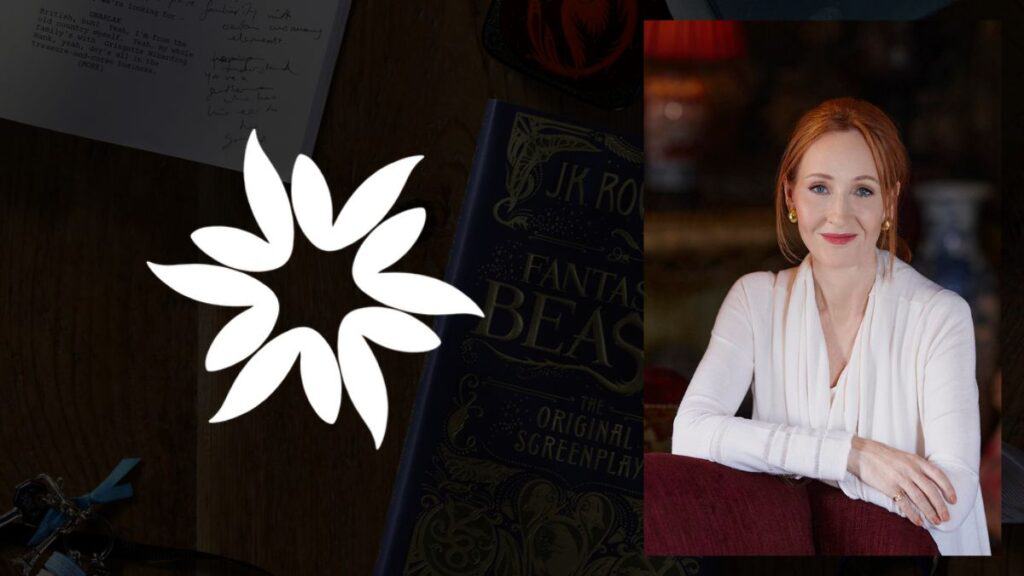A new generation of female and LGBTQ artists, such as Villano Antillano, RaiNao, Paopao, Chesca, and Young Miko, are ending the male-dominated urbano genre’s boys’ club in Puerto Rico
These artists are not only changing the sound of urbano but also the culture surrounding it. They are empowering each other and creating a new dynamic that is more inclusive and welcoming.

These artists are demanding to be heard and recognized by the world, even impressing Bad Bunny, who recently co-signed the revolution.
Changing the Narrative in Reggaeton and Latin Trap
As Puerto Rican female artists break into the urbano scene, they are also disrupting traditional storytelling within the genre.
These artists bring new narratives and experiences, such as Young Miko’s queer identity and Chesca’s message of female empowerment.
They are using their music to speak authentically about their experiences and uplift marginalized communities.
These rising artists are pushing boundaries in a genre that has historically objectified and sexualized women.
Sexualized lyrics and romantic pop fusions are common in reggaeton and Latin trap, but these artists are providing a fresh perspective and new stories to tell.
Young Miko’s EP “Trap Kitty” features audio recorded inside a strip club in Puerto Rico, providing listeners with a new perspective on the archipelago’s nightlife.
Additionally, these artists are redefining the sound of urbano, blending various musical styles and creating unique sonic identities.
With her unique tropical-goth approach, Paopao is bringing a fresh perspective to the genre by blending electronic dance music, trap, and reggaeton with the emotional intensity of a pop ballad.
As a recipient of the prestigious Latin Grammy award, she has established herself as a pioneering composer in the industry.
Meanwhile, RaiNao is mixing rock, reggae, and electronic production in her sets, showing off her musical versatility.
Overcoming Industry Resistance
Despite the progress made by these barrier-breaking artists, they still face an old-school, misogynistic mindset within the music industry.
Some artists have experienced resistance from the industry, which may not always recognize the full scope of their talent.
Paopao, for example, has shared that after she released her debut EP, her label had doubts about her artistry.
Bad Bunny posted Paopao’s song “algo así” on his Instagram account a few days later, indicating the level of resonance the music had with his followers.
Villano Antillano faced criticism from some within the music industry when she and fellow artist Tokischa kissed onstage during a performance at a club in Puerto Rico.
Reggaetonero Omy de Oro publicly shared his disapproval on Instagram, while rapper Cosculluela made homophobic comments in response to the performance.
Villano Antillano called out Cosculluela’s remarks and stood up for the LGBTQ community.
Fostering Camaraderie and Friendship
One of the defining factors of this new generation of artists is their strong sense of camaraderie and friendship.
These women support each other and collaborate frequently, creating a sisterhood that is revolutionizing the urbano genre.
After performing with Bad Bunny in Puerto Rico, Villano Antillano, Young Miko, and RaiNao performed at a local music festival, where they posed for a photo in a sororal hug that went viral on Puerto Rican Twitter.
These artists are not only changing the sound of urbano but also the culture surrounding it. They are empowering each other and creating a new dynamic that is more inclusive and welcoming.
Villano Antillano Announces First US Tour Dates
In related news, Puerto Rican rap star Villano Antillano has announced her first-ever tour dates in the US.
She will perform songs from her 2022 album, “La Sustancia X,” in cities such as Orlando, Atlanta, and Philadelphia. Antillano promises a raw, unfiltered, and revolutionary experience.
Villano Antillano’s U.S. tour marks a significant milestone for the rising star and her fellow Puerto Rican female artists who are challenging the norms of the male-dominated world of reggaeton and urbano.
While Antillano’s music speaks to the struggles of marginalized communities and carries a powerful political message, her success and recognition are a testament to the growing acceptance of diversity and inclusivity in the music industry.
Antillano’s tour is not only a celebration of her music but also a call for greater representation and visibility for queer artists and their communities.
In her statement to Rolling Stone, she noted the importance of unity in the face of adversity and the need to remind people of the contributions of queer people to the music, fashion, and couture industries.
Antillano’s tour announcement also highlights the growing popularity of Puerto Rican artists and reggaeton music in the United States.
While reggaeton has been a staple of Latin American and Caribbean music for decades, it has only recently gained mainstream acceptance in the US, thanks to the rise of artists like Bad Bunny and J Balvin.
The success of these artists has also paved the way for the next generation of Puerto Rican artists, including the female artists who are challenging the status quo in the industry.
Antillano’s tour and the success of her contemporaries demonstrate that there is a hunger for music that speaks to the experiences of marginalized communities and challenges the norms of an industry that has long been dominated by men.
As Puerto Rican artists continue to gain mainstream recognition and acceptance, it is important to remember the struggles and challenges they face in a world that has historically marginalized their culture and experiences.
While there is still much work to be done, the success of Villano Antillano and her contemporaries is a sign of hope and progress for Puerto Rican and Latin American music.
Article In a Snapshot
- A new generation of female and LGBTQ artists in Puerto Rico is breaking down the male-dominated boys’ club in the urbano genre, demanding recognition and changing the narrative within the genre.
- These artists are providing a fresh perspective and new stories to tell, redefining the sound of urbano by blending various musical styles and creating unique sonic identities.
- Despite industry resistance and misogyny, these artists are creating a sisterhood of support and collaboration that is revolutionizing the culture surrounding the genre.
- Villano Antillano, a rising Puerto Rican rap star, is leading the charge with her first-ever tour in the US, bringing a raw, unfiltered, and revolutionary experience to cities such as Orlando, Atlanta, and Philadelphia.
- The success of Villano Antillano and her contemporaries is a sign of hope and progress for Puerto Rican and Latin American music, demonstrating that there is a hunger for music that speaks to the experiences of marginalized communities and challenges industry norms.







